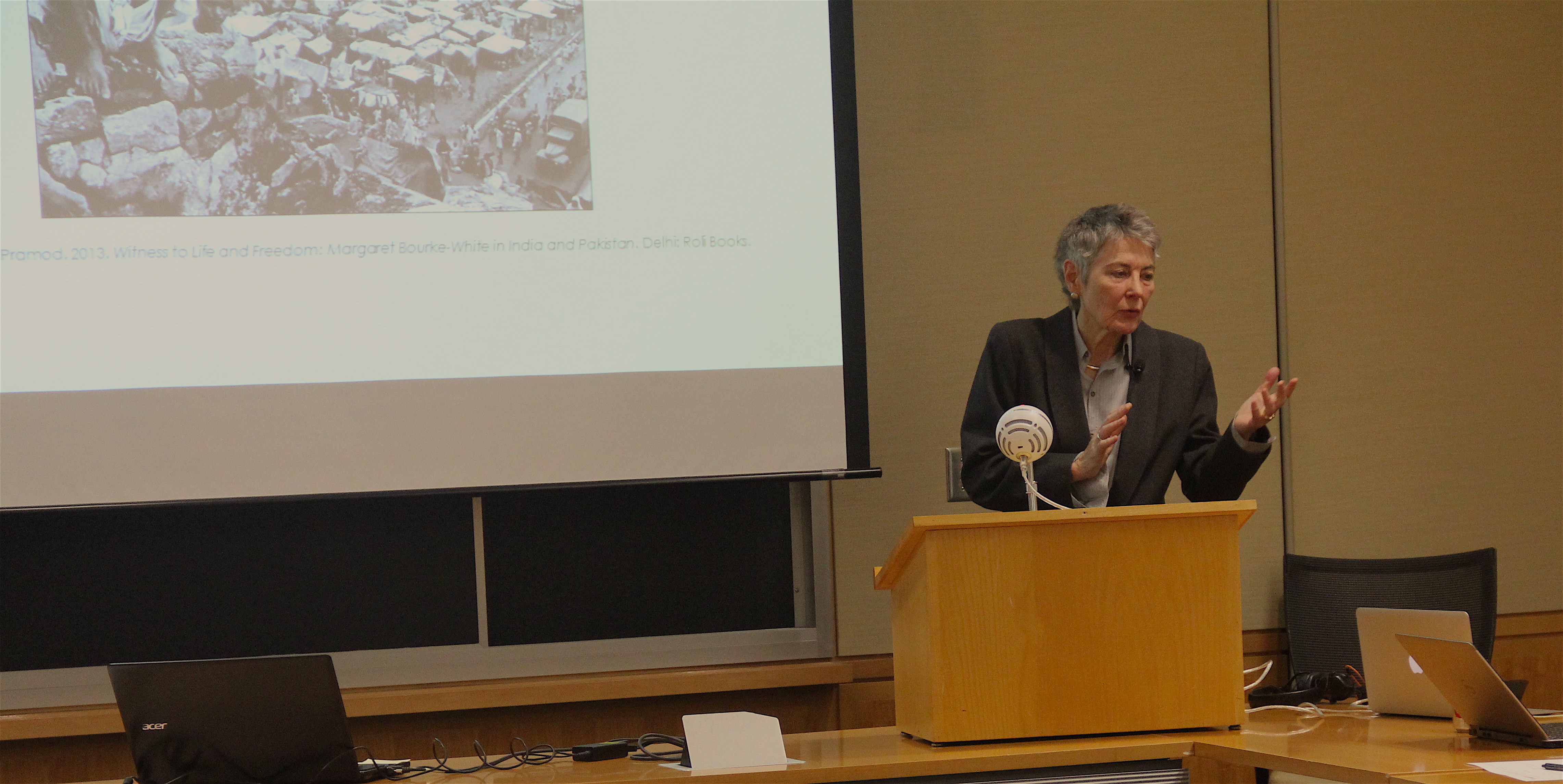By Tarun Khanna (Director, SAI; Jorge Paulo Lemann Professor, Harvard Business School)
Both my mother’s and my father’s sides of our family migrated from what is now Pakistan. As a result of Partition, many of them had to leave their lives behind, with years of hard work quickly wiped out, when they moved to New Delhi and were forced to start again. Partition has always been part of my family’s folklore but my grandfather, who bore the brunt of it, passed away very early. I never had the opportunity to discuss it with him.
At the SAI, we have embarked on a major research project to understand the history, context and continuing impact of Partition, as its 70th anniversary approaches. There has, of course, always been a great deal of interest in this defining historical event from scholars at Harvard and elsewhere. Professor Jennifer Leaning’s team from the Harvard T.H. Chan School of Public Health has been studying Partition for more than a decade — her ongoing work is central to our collective research.
At the SAI, we have already undertaken a major interdisciplinary project of a similar scale. Our work on the Kumbh Mela was a very successful collaborative effort involving dozens of faculty, students, graduates and undergraduates. We created a platform so that other people could participate; scholars from the region as well as other universities around the world. We produced scholarly papers, videos, architectural designs and ultimately, a book.
The SAI hosted a series of eight seminars at Harvard, beginning on Feb 1, in which Harvard faculty and visiting scholars presented research on various aspects of Partition’s legacy, influence and implications. These were free and open to the public. The seminars also formed the basis of a series of podcasts, also produced by the SAI, to bring this research and these conversations to a much wider audience.
We are also approaching the primarily historical and qualitative study of the Partition through alternative analytical lenses. This will involve attempts to quantify Partition and examine its magnitude, much as we did with the Kumbh Mela; this will add a new dimension to our collective understanding. A collection of us – Professor Asim Khwaja from HKS and Professor Prashant Bharadwaj from UC San Diego, both political economists, have teamed up with Professor Karim Lakhani, a crowdsourcing expert, and me for this part of the project – will use political speeches, crowdsourced oral histories and other data to analyze Partition in a way that has not been done before.
Partition is one of the most important events in human history; it is the largest migration that ever took place. Millions of people were affected, mostly negatively. Right now, huge numbers of people are forced to leave their homes in distressing circumstances and as academics, it is important for us to gain an understanding of the mechanics and impact of involuntary migration, particularly in the modern context. We are also studying how new countries are born. Pakistan was a brand new nation-state; India became smaller; Bangladesh eventually came into being. Through the lens of Partition, we are able to study the formation (and regeneration, in India’s case) of the institutions that are necessary for the functioning of a country. Again, these are modern issues and it is as important for us to understand them today as it was 70 years ago.

